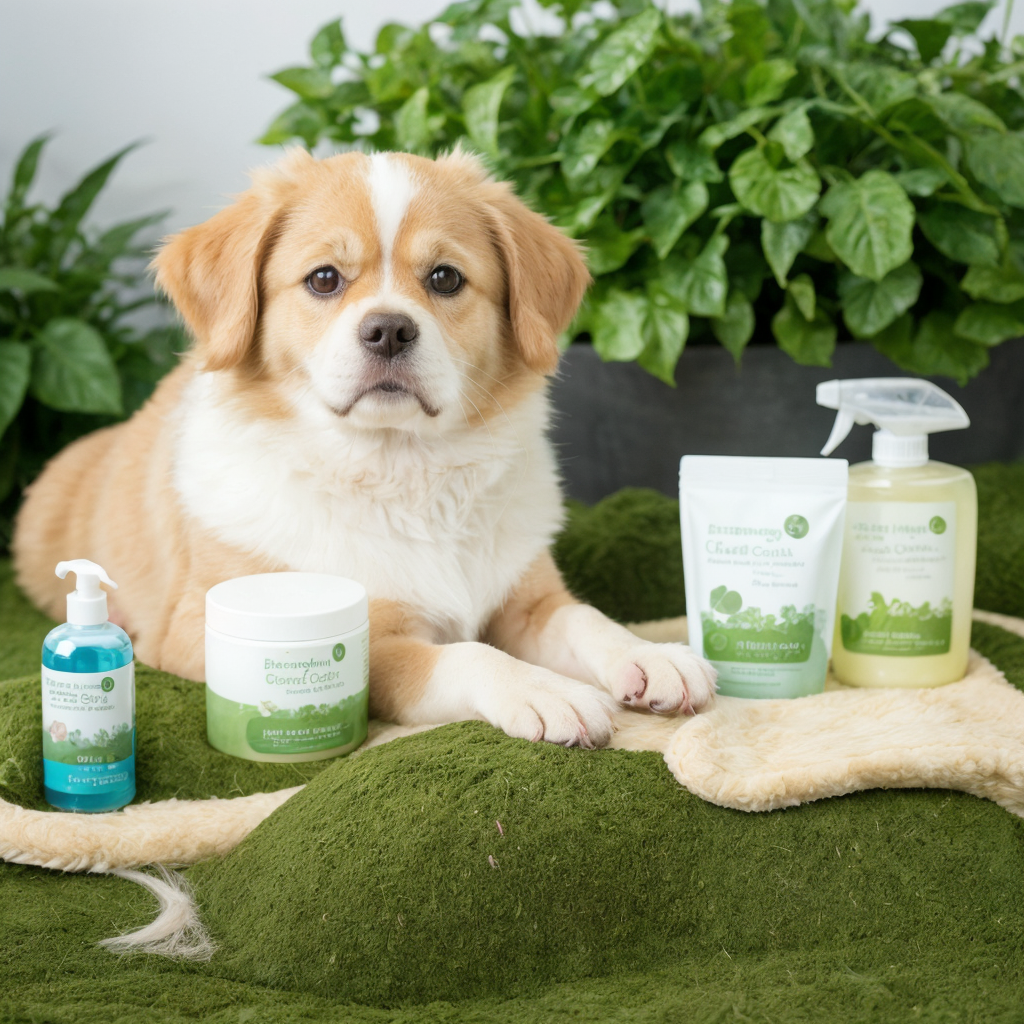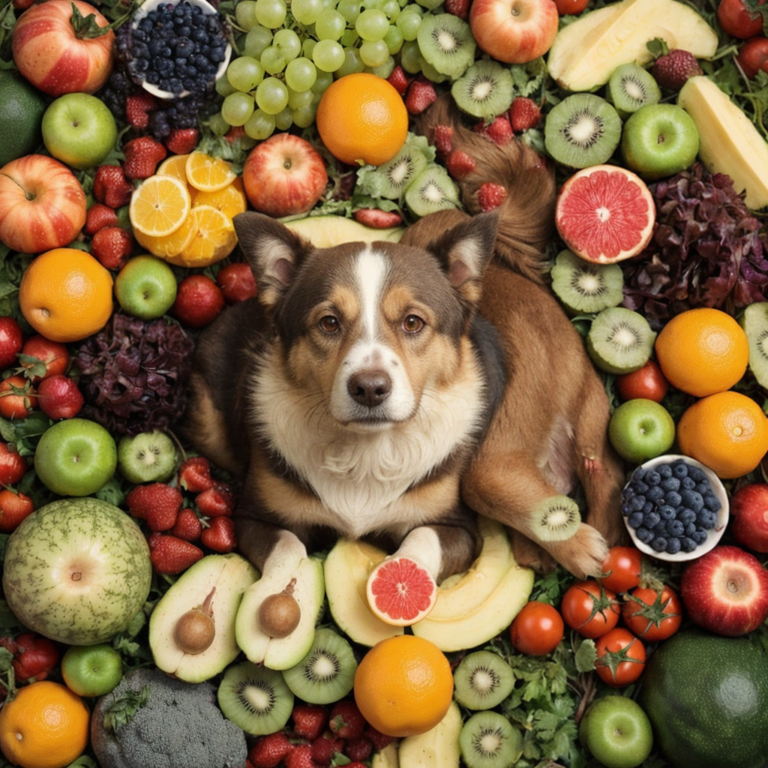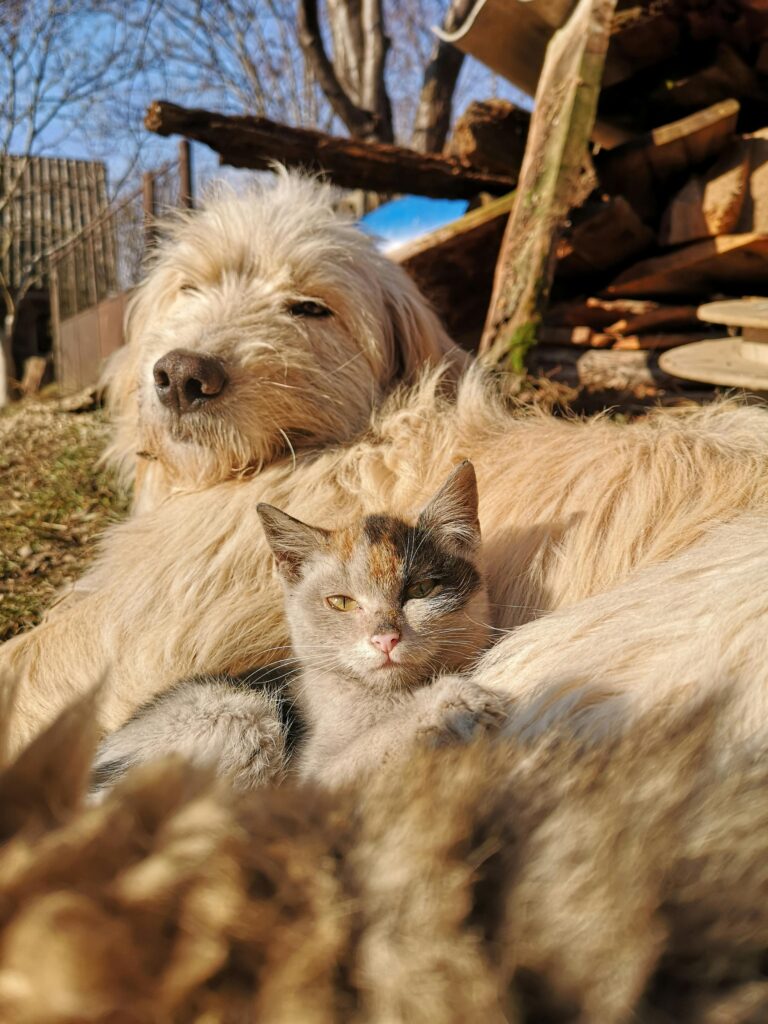In today’s world, sustainability is a growing concern. As pet owners, we play a significant role in ensuring our furry friends’ care does not negatively impact the environment. Sustainable pet care involves making environmentally friendly choices that benefit our pets and the planet. This blog post will explore how to make sustainable choices in pet food, products, waste management, and overall health, all supported by scientific research.
Understanding Sustainable Pet Care
Sustainable pet care is all about minimizing the environmental impact of pet ownership. This involves choosing eco-friendly products, reducing waste, and choosing sustainable pet food options. Traditional pet care practices often contribute to environmental degradation by using non-biodegradable products, overconsumption, and reliance on resource-intensive food sources. By making conscious choices, pet owners can reduce their pets’ carbon footprint and promote a healthier planet.
Sustainable Pet Food Choices
Alternative Protein Sources
One of the most significant impacts of pet ownership on the environment comes from pet food. Traditional pet foods often rely on meat, which has a high environmental cost. Alternative protein sources, such as insect-based and plant-based proteins, are emerging as more sustainable options. Microalgae, for instance, have shown great potential as a sustainable food source for dogs. Research indicates that microalgae like Tetradesmus obliquus, Chlorella vulgaris, and Nannochloropsis oceanica can meet dogs’ nutritional requirements while offering a more environmentally friendly alternative (Cabrita et al., 2022).
Nutritional Composition and Metabolomics
Metabolomics, the study of metabolites within an organism, helps evaluate sustainable pet food options. This approach provides a detailed snapshot of how different foods impact a pet’s metabolism. By understanding these interactions, pet food manufacturers can develop nutritious and environmentally friendly products. The application of metabolomics in nutrition research offers insights into how dietary changes can influence metabolic profiles, thus supporting the development of more sustainable pet foods (Gibney et al., 2005).
Orthomolecular Nutritional Support
Orthomolecular nutrition focuses on the optimal amounts of substances that are natural to the body, such as vitamins and minerals. Functional orthomolecular supplementation can enhance pets’ diets, ensuring they receive the necessary nutrients in the right amounts without excess. This approach supports pet health and minimizes waste and overconsumption of resources. A well-designed bio-energy supplement, including components like lipoic acid and coenzyme Q, can sustainably improve pets’ nutritional status (McCarty, 1981).
Eco-Friendly Pet Products
Sustainable Toys and Accessories
Another way to reduce environmental impact is to choose sustainable pet toys and accessories. Look for products made from recycled or biodegradable materials. Durable toys that last longer reduce the need for frequent replacements, thereby cutting down on waste. Brands prioritizing sustainability often use eco-friendly materials and production methods, ensuring their products are safe for pets and kind to the planet.
Natural Grooming Products
Eco-friendly grooming products are better for pets and the environment. Many traditional grooming products contain chemicals that can be harmful when they enter waterways. Opting for natural, biodegradable grooming products helps reduce this environmental harm. Additionally, these products are often gentler on pets’ skin and fur, providing health benefits while being environmentally responsible.
Reducing Waste in Pet Care
Minimizing Pet Waste
Managing pet waste sustainably is crucial. Compostable and biodegradable waste bags are excellent alternatives to traditional plastic bags, which take hundreds of years to decompose. Some companies offer pet waste composting services, turning waste into valuable compost instead of sending it to landfills.
Recycling and Reusing Pet Items
Recycling and reusing pet items can significantly reduce waste. For example, old blankets and clothes can be repurposed into pet bedding. DIY projects can turn household items into pet toys and accessories, minimizing the need to purchase new products. This approach not only helps the environment but also saves money.
Health Benefits of Sustainable Pet Care
Nutritional Benefits
Sustainable food options contribute to better health for pets. Foods closer to their natural diet and free from excessive additives support overall well-being. Nutritional genomics, the study of how diet interacts with genes, is crucial for understanding and improving pet nutrition. This field can help develop diets tailored to individual pets, enhancing their health and longevity (Swanson et al., 2003).
Environmental Enrichment
Using environmentally friendly toys and activities can improve pets’ mental and physical health. Sustainable toys that encourage natural behaviors, such as chewing and hunting, provide essential mental stimulation. This enrichment is vital for pets’ happiness and well-being, reducing behavioral issues and promoting a healthier lifestyle.
Conclusion
Making sustainable choices in pet care is beneficial for the environment and enhances the health and well-being of our pets. Pet owners can significantly reduce their environmental impact by opting for sustainable food options, eco-friendly products, and responsible waste management practices. These small, conscious changes contribute to a healthier planet and ensure that we can continue to enjoy the companionship of our beloved pets for generations to come.
References
- Cabrita, M. T., et al. (2022). “Sustainable Pet Food: Microalgae as a Novel Protein Source for Dogs.”
- Gibney, M. J., et al. (2005). “Metabolomics in Nutrition Research.”
- McCarty, M. F. (1981). “Orthomolecular Nutrition: Optimal Health for Pets.”
- Swanson, K. S., et al. (2003). “Nutritional Genomics: Implications for Pet Nutrition.”







